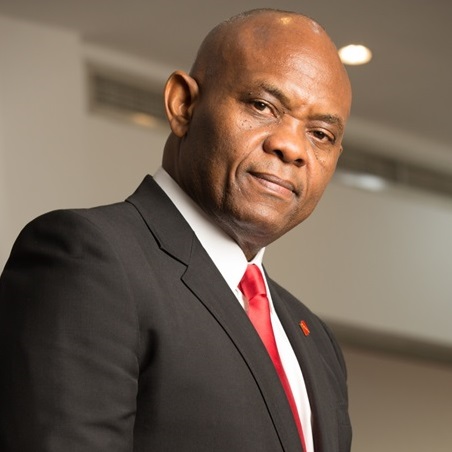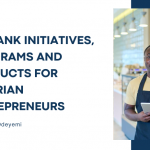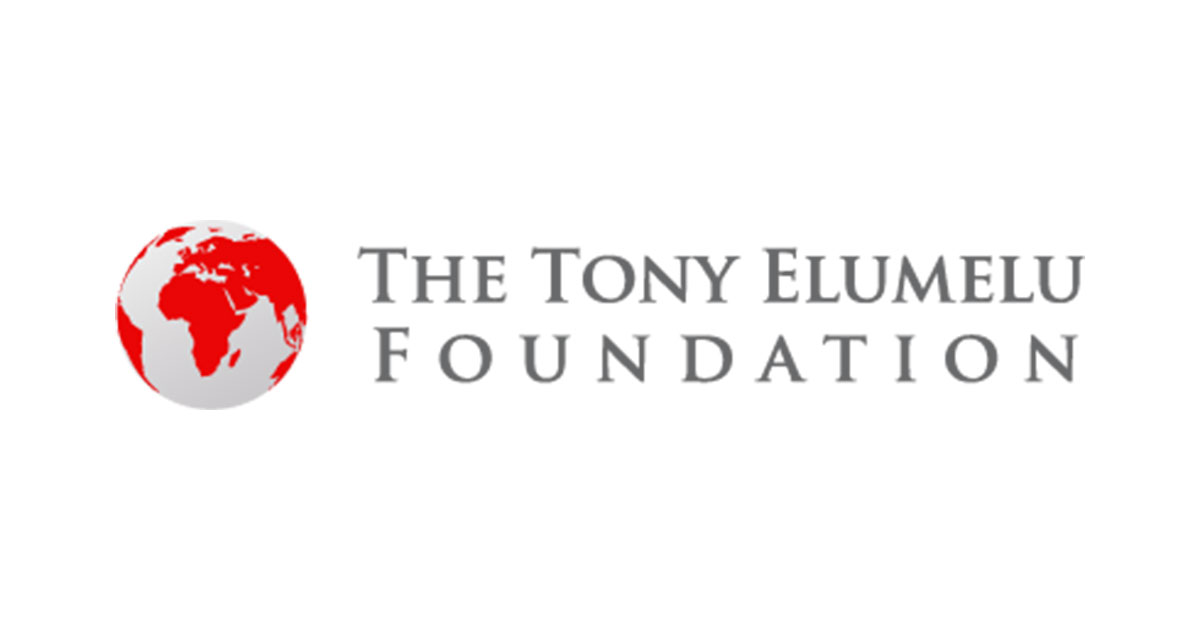The chairman of Heirs Holdings and founder of the Tony Elumelu Foundation(TEF), Tony Elumelu has advised African countries countries including Nigeria to prioritize Small and Medium-sized Enterprises (SMEs) in order to generate wealth.
Elumelu made the claim while citing data, claiming that SMEs in Nigeria provide up to 48% of the country’s gross domestic product (GDP), make up 96% of all firms, and support 84 percent of all jobs.
He made it clear that SMEs are the backbone of any economy and that nations that put an emphasis on their development are better positioned to generate riches.
Elumelu, who was represented by the managing director/CEO, Heirs Life, Niyi Onifade, as keynote speaker said this at the 9th Lagos Public Relations Stakeholders’ conference with the theme, ‘Leadership and Poverty Eradication,’ held recently.
He explained that the development of countries like China, Germany, France, among others, can be attributed to the growth of their SMEs.
“In a country of over 200 million people with 40 million of the population classified as youths below the age of 35 years, SMEs can create meaningful employment opportunities that will stall the alarming talent drain across the country. government must create an environment and structure to enable capital flow freely across the country.
“The best way to do this is to incentivize the free movement of capital through the growth and development of small business enterprises. SMEs have the capacity to create opportunities for people to feed themselves and care for their families,” he said.
Elumelu argued that leadership, governance, regulation and structure have a key role to play in driving financial inclusion, adding that, restrictive policies should be relaxed to encourage more people, especially, rural dwellers to access financial services.
Additionally, he supported regulatory policies that were accommodating and favorable to financial service providers because doing so would enable them to develop additional goods and services that added value for consumers.
“More importantly, our leadership must create rules and regulations that encourage growth and not stifle creativity. The success of any country is a testament to its leadership and its governance structure.
“Poverty alleviation must consist of deliberate programmes that reach the grassroots, and dogged commitment to implementing and tracking the plans, must not be the same as usual,” he said.
Financial inclusion and social welfare programmes, he stressed, have been identified globally as panacea for poverty eradication, noting that, “when people have access to financial services such as credits, loans, savings, life insurance, and others, they can fend for themselves and run sustainable businesses that would create a ripple effect in the country’s GDP. “But access to these financial tools remains limited in Nigeria. We are still one of the top three unbanked countries in the world with 40% of our population living without access to financial services.”
Speaking on insurance penetration, Elumelu said: “In terms of access to life insurance which could guarantee financial security for people and their loved ones, the insurance penetration rate is way below 2% in our country. This exposes a larger share of our population to risks, and even creates a huge class of people who remain dependent on the small percentage that seem to be well-off.”










